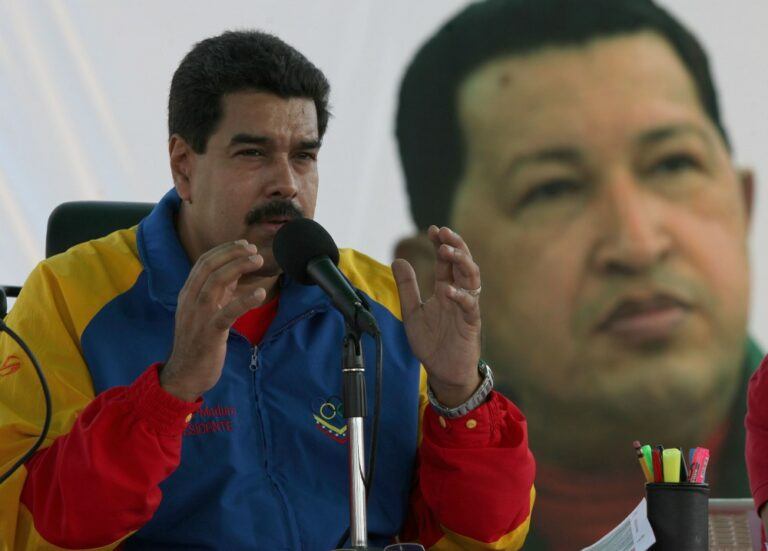Venezuelan president Nicolas Maduro has announced that all of its oil exports will eventually be sold only in Petros (PTR), the country’s state-backed Ethereum-powered cryptocurrency. The announcement was made on state television, after a meeting with Russian president Vladimir Putin last week.
It was subsequently reported by teleSUR (a media outlet backed by several Latin American countries’ governments, including Venezuela’s) that the sale of oil for PTR will begin in March of 2019.
Getting Around Sanctions
The full import of the move, and of the meeting with Putin, was to move away from US dollar-denominated exchange in the hydrocarbon market. “Russia is buying and selling oil and derivatives in [Chinese] yuan […] We are progressively going to sell all our oil production in Petros,” teleSUR quoted Maduro as saying. Ethereum transactions, of course, cannot be blocked.
The decision to eventually sell only in Petros will be seen as somewhat provocative, because although the United States has applied many sanctions to the Venezuelan economy and key political figures in the past years, it has not done so for oil exports which are by far the most important for the Latin American country. The US has, however, banned US citizens from buying PTR tokens.
In any case, the rhetoric against Venezuela has gone full tilt as of late, with US national security advisor John Bolton (widely understood as one of the principal architects of the US invasion of Iraq in 2003) recently referring to Venezuela as one of the “Troika of Tyranny,” part of a “triangle of terror stretching from Havana to Caracas to Managua.”
It is notable in its own right that almost no English-speaking media outlets have picked up the story – indeed more crypto-news outlets have reported on it than traditional ones.
Venezuela also recently set a fixed price of $150 for one PTR token, each of which are purportedly backed by one barrel worth of crude oil – although this is well above the current going price of nearer $60. In the midst of economic hardship in the country, CryptoGlobe recently reported that Localbitcoins transaction volume in the country was “mooning.”
Outside the Circle of Trust
Venezuela joins Iran in launching a nationally-backed cryptocurrency, in an effort to sidestep international (mostly US-based) sanctions. A political rift between the US and EU recently arose, because of the US pressure applied on the SWIFT money transfer platform to exclude sections of the Iranian economy from transacting using the platform. Russia has also been considering a move in this direction of late.
CryptoGlobe reported on the troubles facing the Petro, including the fact that there sems to be no evidence of its use, and claims that its whitepaper was partially plagiarized.









